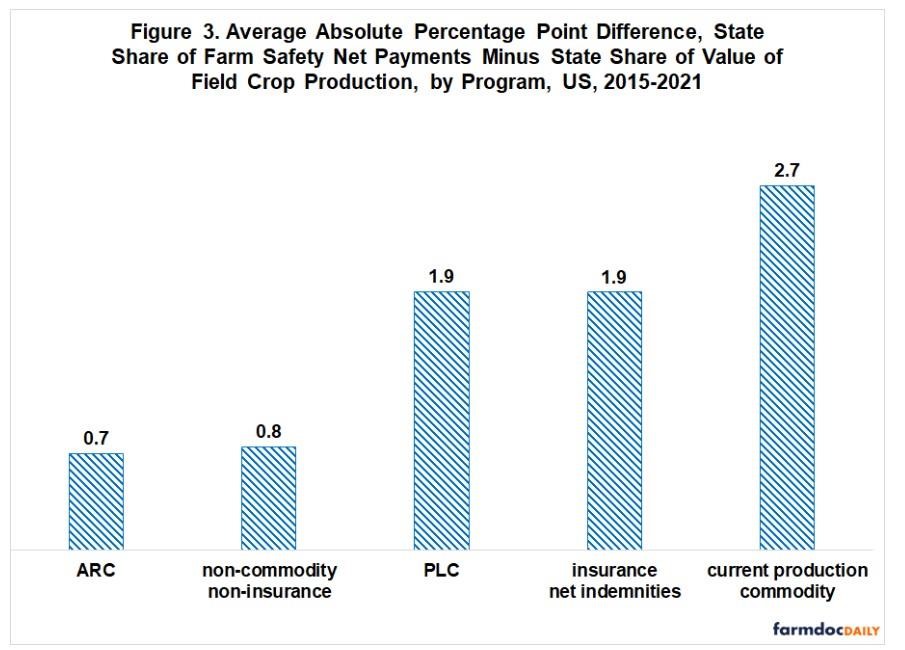The goal is to protect the United States from diseases that have the potential to devastate livestock herds and infect people.
A 2011 study by Iowa State University researchers found that a large-scale outbreak of foot-and-mouth disease could cause nearly $130 billion in losses over a 10-year period in the meat industry.
"NBAF is in a unique position to do diagnostics and training, as well as research and veterinary countermeasure development for emerging and zoonotic diseases in large livestock," Alfonso Clavijo, the NBAF's director, said in a statement.
The NBAF will replace the aging Plum Island Animal Disease Center, located on an island off the coast of New York, and take over much of its research.
In 2002, following the 9/11 attacks, U.S. soldiers found a list of potential bioweapons, including both human and animal diseases, to target the food supply. This sparked a presidential directive from George W. Bush in 2004 that mandated federal agencies improve the country’s biodefense plans and weapons.
Plans for the NBAF came out of that presidential directive, and after a years-long site-selection competition, Kansas State University was selected in 2009 to host the lab.
The Department of Homeland Security is overseeing construction of the NBAF, but oversight will officially transfer to USDA when construction is completed this spring.

The front-view of the completed NBAF in Manhattan, Kansas
The project has sparked debate in the Kansas legislature over fears that the pathogens could leak from the lab.
All lab employees will adhere to the highest safety standards, said the lab’s deputy director Kenneth Burton in a written statement to Investigate Midwest.
The NBAF is located adjacent to the Kansas State University campus but will be entirely operated by the U.S. Department of Agriculture, according to a KSU spokesperson.
Regulators cited Kansas State University in 2015 for repeatedly violating safety regulations at its existing biosafety level 3 research lab, the Biosecurity Research Institute, according to USA TODAY. The violations, as listed in a letter from federal regulators to the university, included failing to maintain written safety plans, ensure biosafety and containment of pathogens, provide and document training and implement the university’s security plan to prevent unauthorized access, theft or loss of pathogens.
University officials have maintained that all of the violations were related to paperwork and that pathogens were always safely contained, posing no risk to researchers or the public. NBAF will not have any operational or administrative ties to Kansas State University, Burton said.
But the coronavirus lab leak theory — which suggests that the virus causing COVID-19 leaked from a biological research facility in Wuhan, China, where scientists study coronaviruses — has fueled public distrust and conspiracies surrounding biological research labs.
The coronavirus lab leak theory has been largely ruled out by scientists after finding evidence that suggested the virus first emerged through contact between animals and humans at a seafood market in Wuhan.
Still lab accidents happen, and they’re not usually made public, according to USA TODAY. A bill in the Kansas legislature would change that.
Kansas Senate Bill 441, or the Biological Laboratory Accident Transparency Act, would require all biosafety level 3 and 4 labs in the state — including NBAF and Kansas State University’s Biosecurity Research Institute — to publicly disclose all lab accidents and near-misses.
That includes incidents such as accidental needle pricks, spills, missing specimens or containment failures.
Click here to see more...